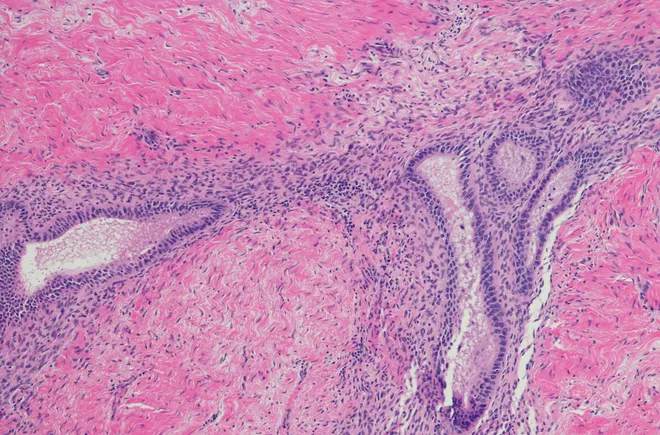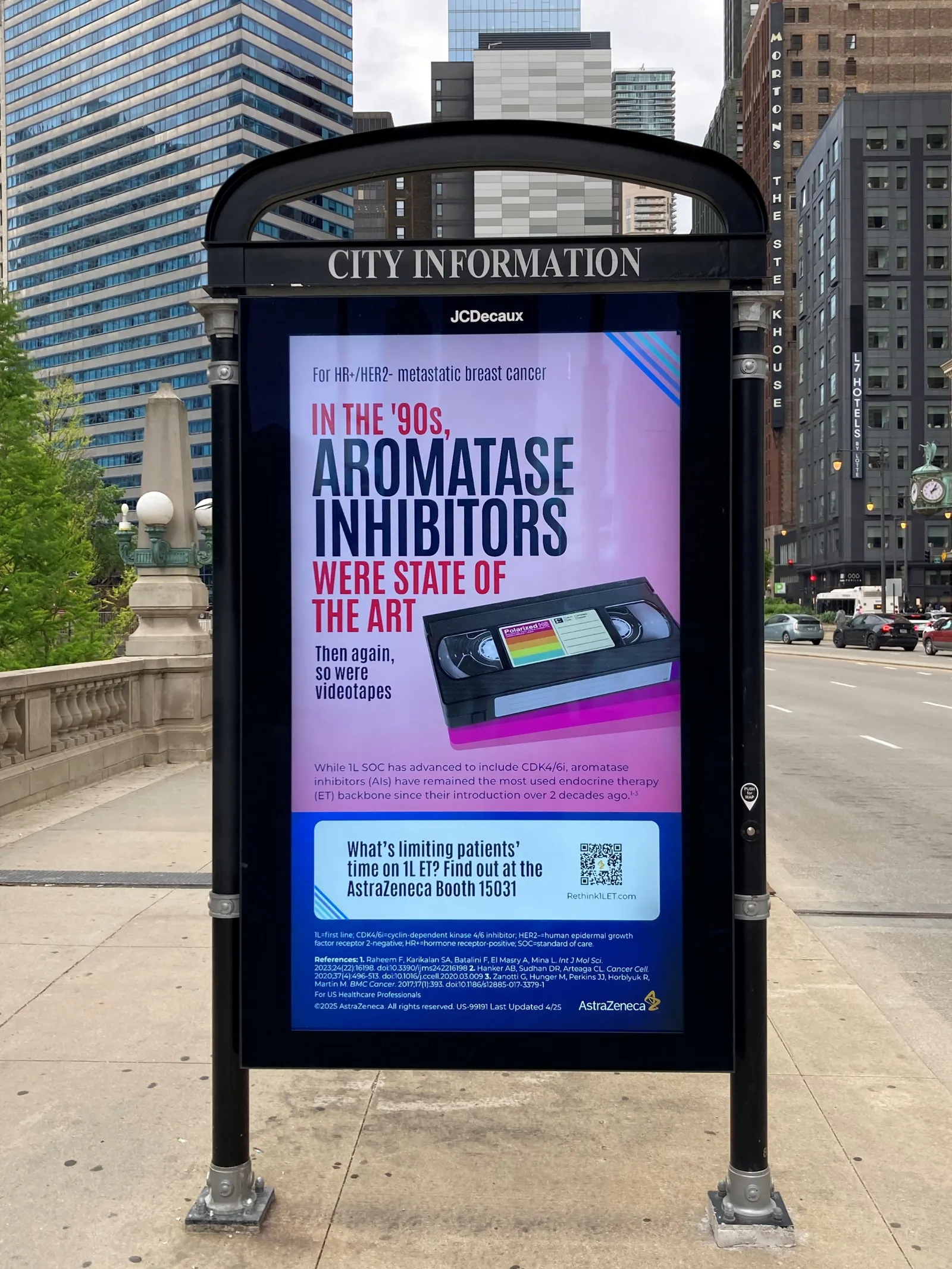Organon drug for endometriosis falls short in mid-stage study


Dive Brief:
- Organon’s experimental treatment for endometriosis failed to improve pelvic pain for women in a Phase 2 study, leading the company to give up on the drug.
- The trial tested three oral doses of OG-6219 in women between the ages of 18 and 49 who have moderate-to-severe pain related to endometriosis. Researchers had hoped the medicine would show an improvement for patients on an 11-point scale of pelvic pain compared with placebo after three months of twice-daily treatments.
- Organon’s head of research called the results disappointing in a statement Wednesday, but said endometriosis remains among the company’s targets in women’s health. Executives had been especially excited about OG-6219 because it was a non-hormonal treatment with a new mechanism of action.
Dive Insight:
The study failure marks another setback in women’s health, which has traditionally been underfunded and less understood than men’s. As many as one in 10 women suffer from endometriosis, but available treatments are often underwhelming for patients. Two of the more recently approved medicines can only be taken for a maximum of two years because they may decrease bone density.
Organon, which focuses on women’s health, had high hopes for OG-6219. The company’s head of research, Juan Camilo Arjona Ferreira, called the drug “perhaps the biggest potential opportunity we have” in a conference call with analysts in February. “Currently available treatments only address pain, have limited efficacy, a limited duration of use, or have significant side effects,” he said.
Chief Executive Kevin Ali called the drug a “multibillion dollar opportunity” during the J.P. Morgan Healthcare Conference in January. The company had hoped to kick off Phase 3 research in 2026 and launch the medicine around 2029.
Organon acquired the drug in its purchase of Forendo Pharma in 2021.
This post has been syndicated from a third-party source. View the original article here.




